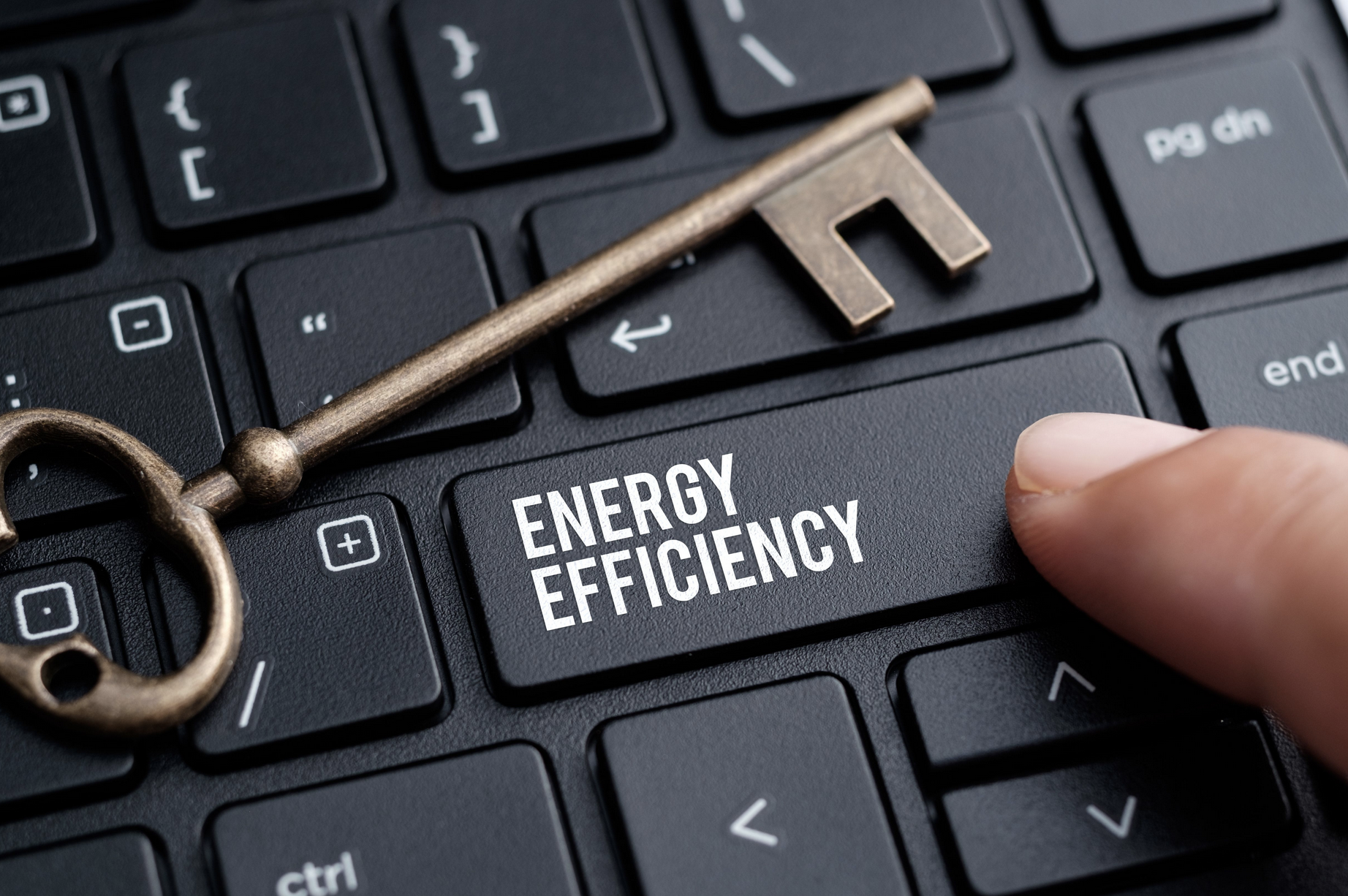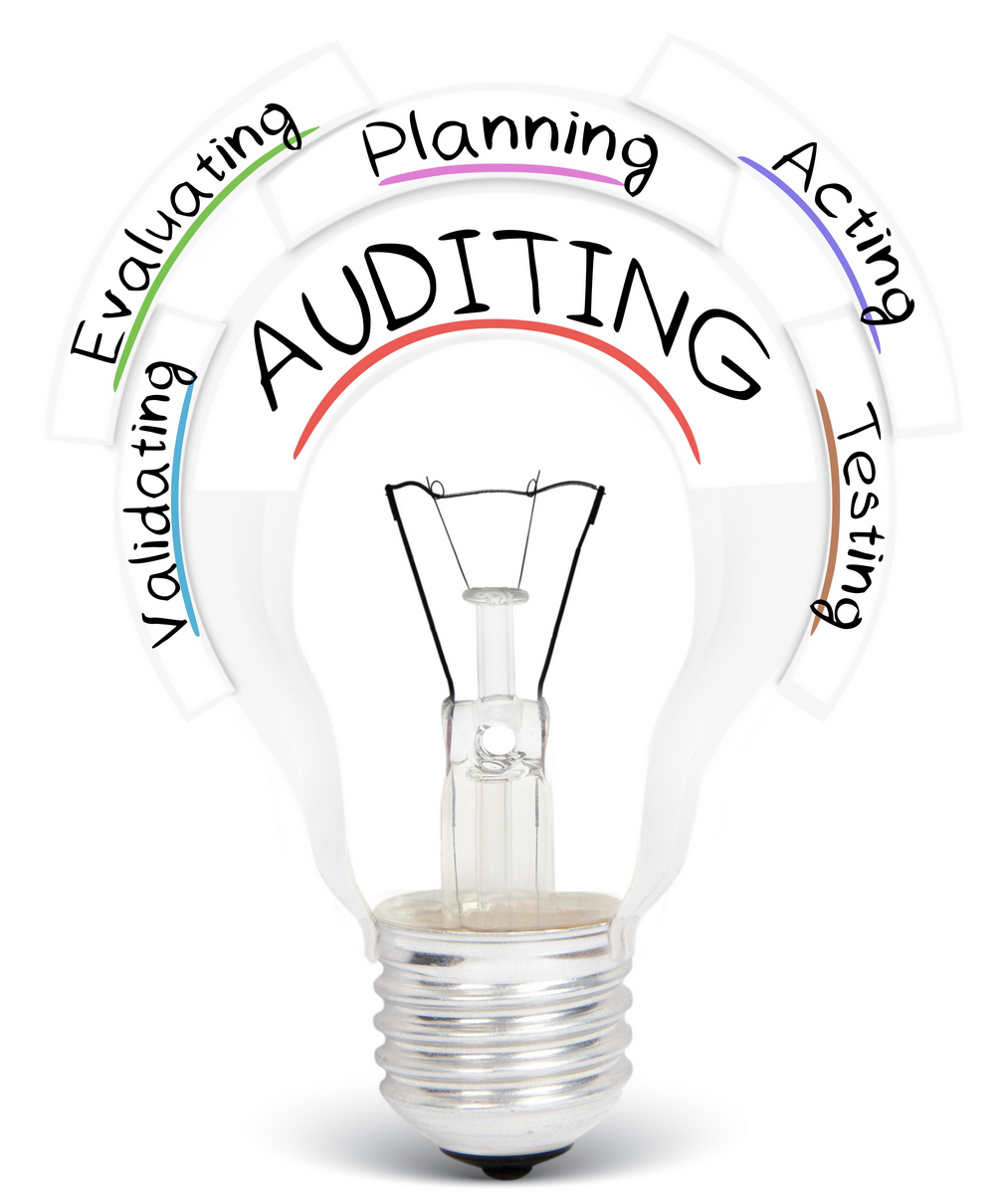Energy Engineering

Strategic Energy Management Programs
We have developed and implemented several Strategic Energy Management Programs (SEMP) for companies ranging from corporate office buildings to wastewater treatment facilities.
The ultimate goal of a SEMP is to develop a thorough understanding of where a facility sources its energy, how that energy is consumed and to develop strategies to improve operating efficiencies without sacrificing occupant comfort/productivity or process quality/productivity. A SEMP provides a unified framework for assessing, measuring and managing energy consumption through improved energy efficiency that will result in a significant reduction in operating costs.
We have been very successful with these programs and have established a means to ensure implementation through the quarterly tracking of a facility’s progress.
- Know where your energy comes from
- Know how that energy is consumed
- Improve operating efficiencies
- Maintain occupant comfort and productivity
Energy Management Systems
AEED, Inc. can design and implement an Energy Management System tailored to your facility, which can result in significant energy savings, less down time and increased profitability. By analyzing current programs, performing energy audits and analyzing operational procedures, recommendations can be made and Strategic Energy Management Programs (SEMP) can be developed and initiated to help the client manage their energy usage and to realize a healthier bottom line.
- Analyze current programs
- Perform energy audits
- Analyze operating procedures
- Recommend ways to manage energy usage

We Have Engineers In Multiple Disciplines To Meet All Your Needs

Energy/Facility Audits
Facility audits are generally undertaken to identify and list design, construction, operational or code issues that could prevent long term reliable and efficient operation of a facility. Energy audits take a deeper look into the operation of equipment and building systems to identify energy saving opportunities. AEED, Inc. has experience in both energy and facility audits and has found that when performed in conjunction, single systems or complex center can be thoroughly evaluated and provide the client with a comprehensive report identifying all risks including energy consumption, equipment replacement and life spans, unscheduled maintenance and repairs, as well as preventive maintenance. This is a benefit to most companies as it can shorten, or most often eliminate, down time.
- Energy consumption
- Equipment replacement & life spans
- Unscheduled maintenance & repairs
- Preventative maintenance
Resource Management System Analysis / Metering / Monitoring
Critical to any serious attempt at reducing energy consumption, cost and the carbon footprint, is energy use metering, sub-metering and the development/installation of a software monitoring package. Sub-metering is the keystone of any true strategic energy plan as it provides the window into the energy consumption trends of a facility.
Metering utilities at the service entrance allow for utility verification and accounts for any losses prior to system consumption. Sub-metering provides important information regarding individual system consumption. Obviously, the more detailed the sub-metering, the more accurate the measurement and verification of a system’s consumption and performance. The software monitoring package provides real time data and historical data trends.
- Energy use metering
- Energy use sub-metering
- Developing monitoring systems
- Installing software monitoring

Resource Supply Management
A clear understanding of a company’s energy utility supply structure, the current utility rate structure and the energy supply options are critical to the success of an effective Resource Supply Management program.
AEED, Inc. has experienced engineers with gas, water and electric utility rate optimization options, incentive programs, load shedding/demand response opportunities, energy efficiency credits, etc. Thorough understanding and implementation of these opportunities can produce significant energy savings for a company.
- Gas, water & electric rate optimization
- Incentive programs
- Load shedding/demand response
- Energy efficiency credits
